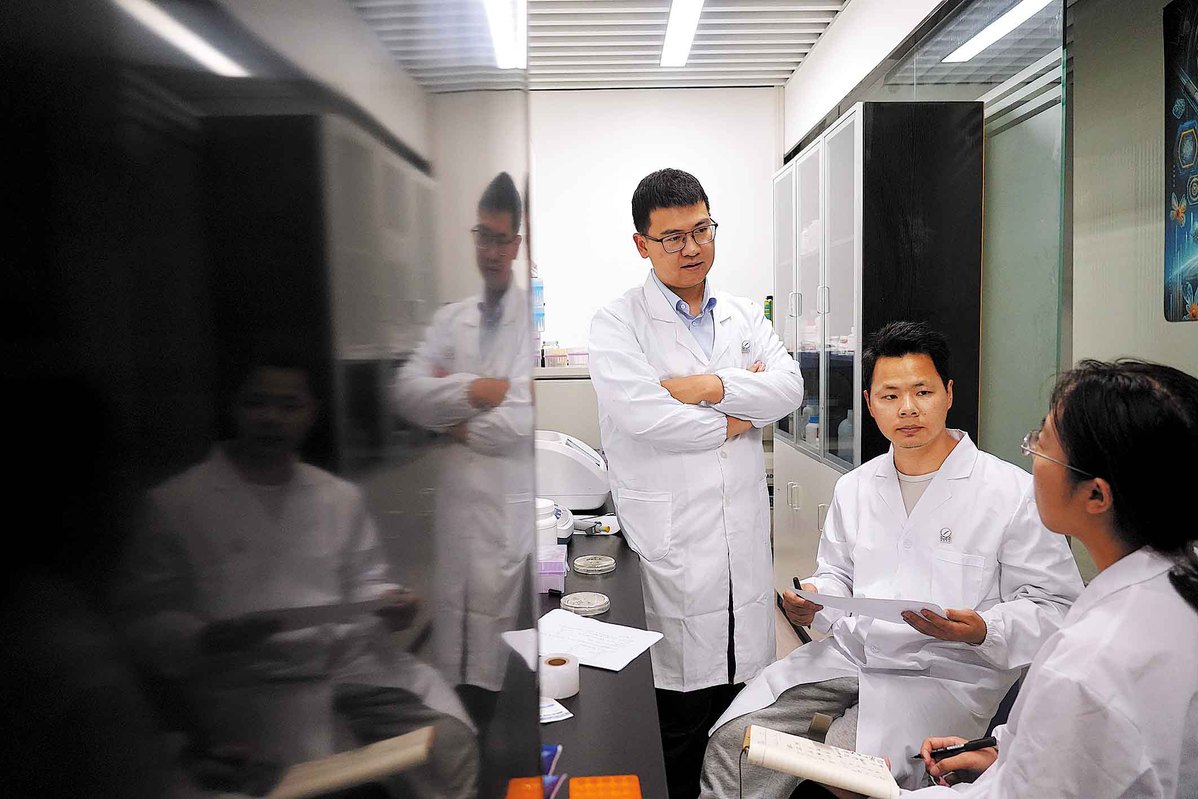How science is embracing online world to thrive
Located inside Hefei high-tech zone, Grand Union of Innovation has helped launch over 2,200 science and tech companies


The implications are significant for China's economy at a time when traditional engines like real estate and infrastructure are experiencing slowing momentum. Hefei's experiment suggests that the next phase of growth might not come from new roads or factories, but from what happens when people and pixels start building things together.
According to Li, among the online comments was some notable help from people suffering from electromagnetic hypersensitivity — a condition that can have a wide range of symptoms that are believed to be caused by exposure to electromagnetic fields, such as those often found in conventional light sources. They saw in the soft glow of Magicpen's creation something deeply personal: a way back to comfort, to normalcy.
"A lot of people think our story started with that glowing plant. But really, our business started with an online message," he recalled.
Li, a then 28-year-old doctoral student at China Agricultural University, wanted to launch a biotech startup in March 2023. He sent just a few paragraphs into the online box of the Grand Union of Innovation, a high-tech incubator like Silicon Valley in the United States.
Two days later, his phone rang. With the help of GUI, Li set up his company in Hefei, relocated, and secured venture capital funding from Plum Ventures, a partner fund of GUI.




































